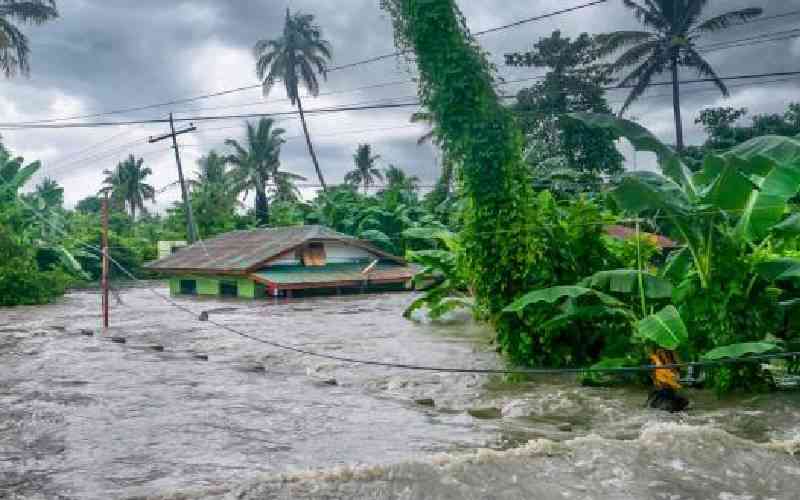
Growing up in the care of agriculturist parents, matters of agriculture and the environment always had a special place in my heart. Add this to knowledge acquired at the 4-K club in primary school and there was no way Agriculture was not going to be my best subject in high school, although I ended up opting for Accounting for my love for Mathematics.
Later, as a budding journalist, there was always this urge to push for a Science and Environment desk. In one of the sessions when I was invited to explain why, an editor asked what there was to say about the environment "anyway".